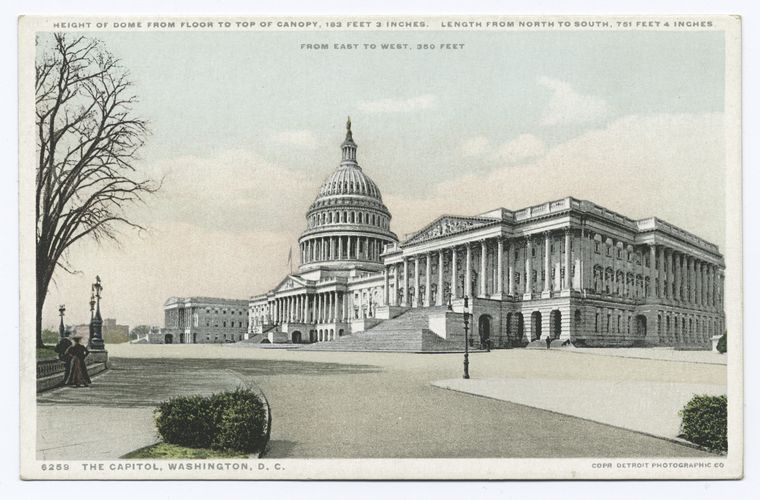Freedom of Information Day at NYPL: A Booklist
The recent activities of Wikileaks and Julian Assange have once again reignited the controversy of the degree to which the public has a right to unfettered access to government information. This year, Freedom of Information Day is being observed nationally on March 16. At The New York Public Library, Pulitzer Prize-winning investigative reporter for the New York Times, David Barstow, has been invited to speak at the Science, Industry and Business Library on the topic of the Freedom of Information Act and how it affects the work of journalists. The following titles focusing on freedom of expression and access to government information are available in the library's branch collections.

Inside Wikileaks: My Time with Julian Assange at the World's Most Dangerous Website
Daniel Domscheit-Berg/Crown Publishers, 2011.
Assange's former no. 2 at Wikileaks explains how the organization's secrecy and concentration of power in the hands of Assange led to his decision to leave in 2010.
 Wikileaks: Inside Julian Assage's War on Secrecy
Wikileaks: Inside Julian Assage's War on Secrecy
David Leigh/Public Affairs, 2011.
The Guardian newpaper's profile of Assange and how his activities have forced a fresh perspective on the ethics and political repercussions of government secrecy.
 The Net Delusion: The Dark Side of Internet Freedom
The Net Delusion: The Dark Side of Internet Freedom
Evgeny Morozov/Public Affairs, 2011
A deconstruction of the internet as a transparent instrument of social and political change or whether its unregulated nature has actually done greater harm to society in the dissemination of biased, undocumented information.
 Necessary Secrets: National Security, the Media and the Rule of Law
Necessary Secrets: National Security, the Media and the Rule of Law
Gabriel Schoenfeld/W.W. Norton, 2010.
Author argues for the necessity of maintaining government secrets in regard to national security and placing some limits on a free press.
Alan M. Dershowitz/John Wiley & Sons, 2008.
An examination of a letter authored by Thomas Jefferson in 1801 addressing the limits of free speech and its potential cause and effect relationship to harmful conduct and acts of terrorism.
 Freedom for the Thought That We Hate: a Biography of the First Amendment
Freedom for the Thought That We Hate: a Biography of the First Amendment
Anthony Lewis/Basic Books, 2007.
An explanation of the evolution of the First Amendment in the United States and its subsequent effect on freedom of the press.
 Speaking Freely: Trials of the First Amendment
Speaking Freely: Trials of the First Amendment
Floyd Abrams/Viking Penguin, 2005.
First Amendment rights attorney Abrams recounts cases in which he was involved and how their successful defense lead to a greater extension of First Amendment protections.
 Into the Buzzsaw: Leading Journalists Expose the Myth of a Free Press
Into the Buzzsaw: Leading Journalists Expose the Myth of a Free Press
Kristina Borjesson/Prometheus Books, 2004.
Collection of articles written by investigative reporters warning of the chilling effect of reprisals against journalists who dare to uncover the truth in matters that affect the well-being of the general public.
Carl Bernstein and Bob Woodward/Pocket Books, 2005.
Reprint of 1974 expose of the Nixon Watergate scandal.
Ray Bradbury/Ballantine Books, 1996.
Reprint of the Bradbury classic in which a "fireman" has a change of heart about his book-burning ways.
George Orwell/Signet, 1949.
A world paralyzed by perpetual war, complete public surveillance and the constant fear of committing a thought crime.
Read E-Books with SimplyE
 With your library card, it's easier than ever to choose from more than 300,000 e-books on SimplyE, The New York Public Library's free e-reader app. Gain access to digital resources for all ages, including e-books, audiobooks, databases, and more.
With your library card, it's easier than ever to choose from more than 300,000 e-books on SimplyE, The New York Public Library's free e-reader app. Gain access to digital resources for all ages, including e-books, audiobooks, databases, and more.
If you don’t have an NYPL library card, New York State residents can apply for a digital card online or through SimplyE (available on the App Store or Google Play).
Need more help? Read our guide to using SimplyE.




